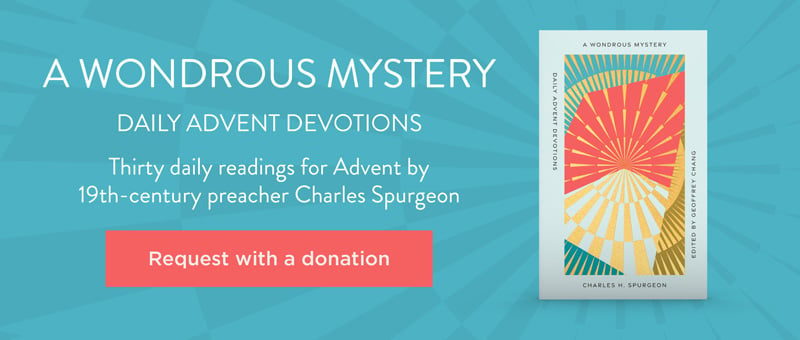
Dear Friend,
Did you know that Denmark currently holds the title of second-happiest country on the planet? While one in six American museums risk permanent closure due to financial stress compounded by COVID-19, the Happiness Research Institute recently opened the Happiness Museum in Copenhagen. As someone who is not constitutionally attracted to museums, I find it intriguing that there is now a museum which, according to the creators, “can bring happiness to life.” It is certainly a timely venture if we are to accept the current statistics on anxiety and depression. The quest for happiness is a global phenomenon. It is also present at every age and stage of life.
The Happiness Museum introduces itself: “We are a small museum but we are not afraid of the big questions of life.” Now, I have not visited the museum, nor have I reviewed all the written material, and so I wonder whether in tackling the big questions, consideration has been given to the message of Scripture.
Augustine’s early life was in some sense a search for happiness or satisfaction which left him unfulfilled. Later, when the Scriptures had come alive to him, he wrote, “Thou has made us for Thyself, O Lord, and our heart is restless until it finds its rest in Thee.” Why is it that even our best moments, highest achievements, and “trips of a lifetime” do not satisfy our deepest longings? In Mere Christianity, C. S. Lewis observes, “If I find in myself a desire which no experience in this world can satisfy, the most probable explanation is that I was made for another world.”
The Bible explains that the unsatisfactoriness of life is because we are alienated from God and that the only answer lies in being reconciled to God through the life and death of Jesus Christ. The hymn writer points us in this direction: “I will sing the wondrous story of the Christ who died for me, how He left His home in glory for the cross of Calvary.” This does not mean for a moment that those who trust in Christ are somehow immune to unhappiness. Far from it. The hymn also contains the line “Days of darkness still come o’er me, sorrows path I often tread.” The Christian recognizes that all our joys are touched with pain, that shadows fall on brightest hours and the most beautiful roses still have thorns, but that at the soul level, it is well.
Why is it that the youngest members of our society are reputedly unhappier than ever? They are more connected through social media and yet feel themselves to be alone. They are told that they can be what they want to be, but they don’t know what they want to be. Will a visit to the museum of happiness provide the answer? It may prompt them to think, but it cannot fix the problem. We need to begin with them at the very beginning by declaring what Scripture says: before there was time, before there was anything, there was God. They need to know that they are not a product of chance but are created in God’s image to the end that they might know, love, and serve Him. The media-saturated world they inhabit is the by-product of the Seinfeld era that reached the end of its line with a “show about nothing”—a show about the comical consequences of life in a world void of ultimate significance or fundamental meaning. Such a perspective is a world removed from the “solid joys and lasting treasure none but Zion’s children know.”
Oh, and by the way: in 2020, Helsinki was the happiest city in the world. I thought maybe Cleveland, or at least Glasgow!
Thank you for your friendship and fellowship in the Gospel. Enjoy this month’s resources: Living Well: God’s Wisdom from the Book of Proverbs and The Cross in Four Words.
Come for a visit soon, and in the meantime, may the joy of the Lord be your strength.
With my love in the Lord Jesus,

![]()
Read More
Truth For Life Blog

